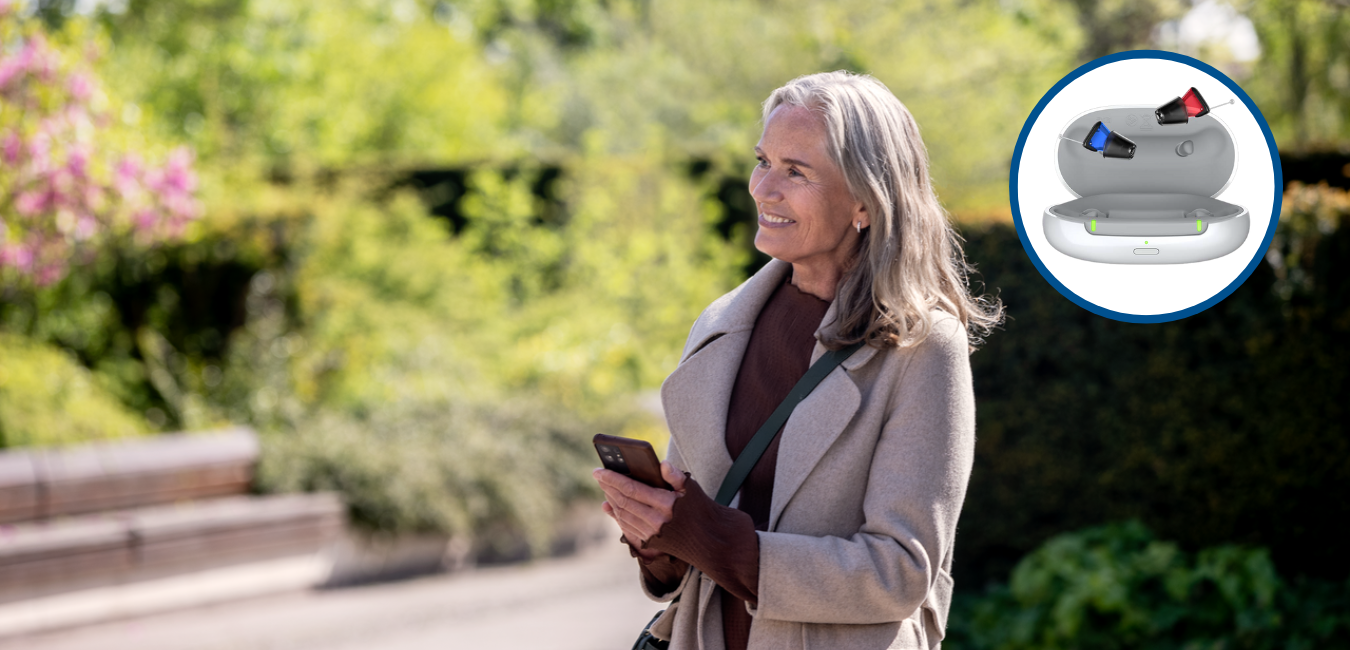At What Age Do You Start To Lose Hearing?
Hearing loss is a very natural aspect of aging and often times, there is very little you can do to avoid it. Age-related hearing loss is medically known as presbycusis. Presbycusis typically happens when microscopic hair cells inside your ear start to become damaged or disappear. It may be hard to believe, but these tiny hair cells actually help you hear. They pick up sound waves from all around us and then convert them into nerve signals. The brain then interprets these waves as identifiable sounds.
Age-related hearing loss is permanent and cannot be reversed.
You may begin to notice signs of presbycusis between the ages of 65 and 74. During this period, patients say they notice a gradual decline in hearing quality. Typical symptoms include a feeling of the ears being stuffed up with cotton, or a need to listen to the radio or television at higher volume levels than in the past. Patients also report having a tough time hearing speech in noisy areas or rooms with poor acoustics.
Although hearing loss is inevitable as one gets older, there are certain factors that can contribute greatly to its early onset. Your family’s history plays a significant role in the quality of your hearing. Age-related hearing loss can be passed down genetically. Also, excessive headphone use and constant exposure to loud noises can diminish your hearing drastically. A bad smoking habit can also increase your chances of early hearing loss. Doctors say smokers are more susceptible to hearing deficiencies than non-smokers.
Just because you’re undergoing age-related hearing loss doesn’t mean the quality of your life must be compromised. Hearing aids are your best bet in this situation. And you no longer have to worry about clunky gadgets sticking out of your ear. Today’s hearing aids are sleek and slim, allowing for better concealment. At Hearing Solutions, we can introduce you to a variety of options — and help you pick out a hearing aid that’s perfect for you.
If your hearing loss becomes extremely severe (and a hearing device just won’t do), surgical options are available. Your doctor may recommend a cochlear implant, which will allow you to detect common sounds again.
Book an appointment with one of our trained audiologists. Whether it’s your grandchild’s first words or birds chirping at the cottage, life is full of beautiful sounds. The team at Hearing Solutions can help you enjoy them all over again!







